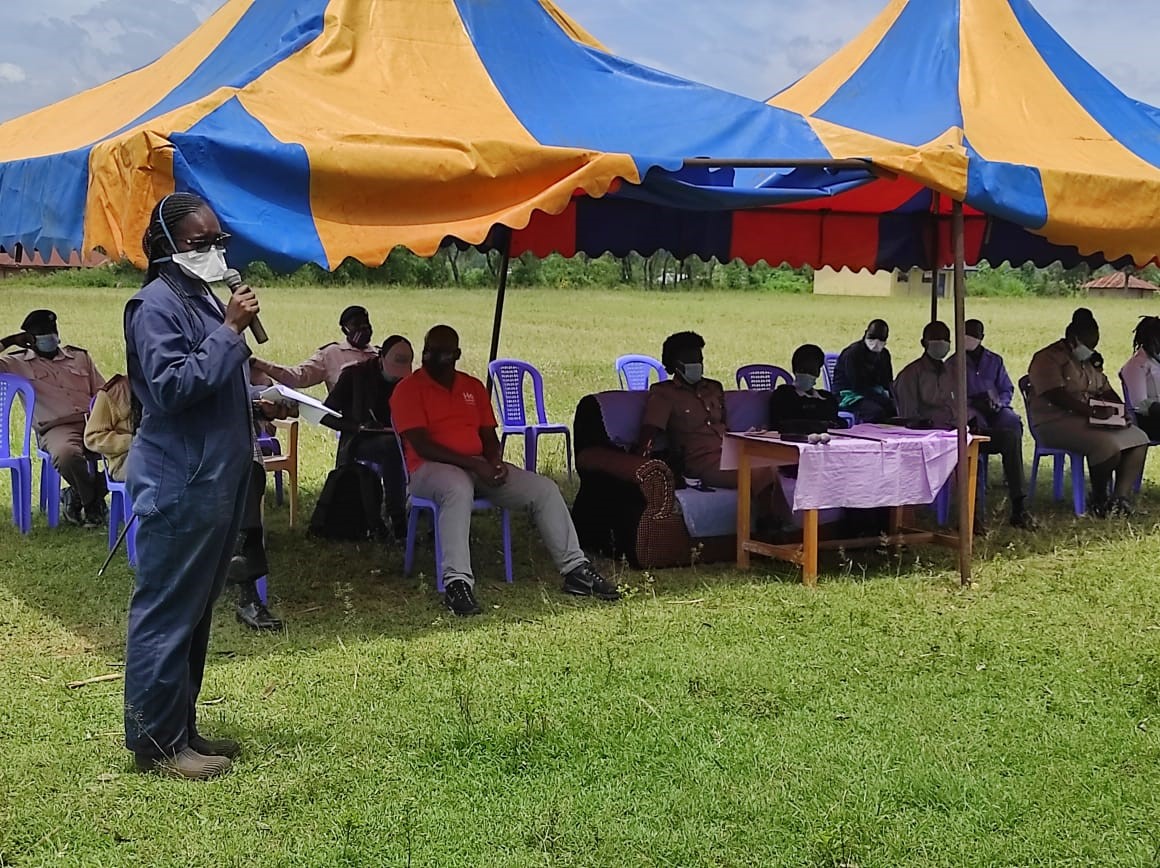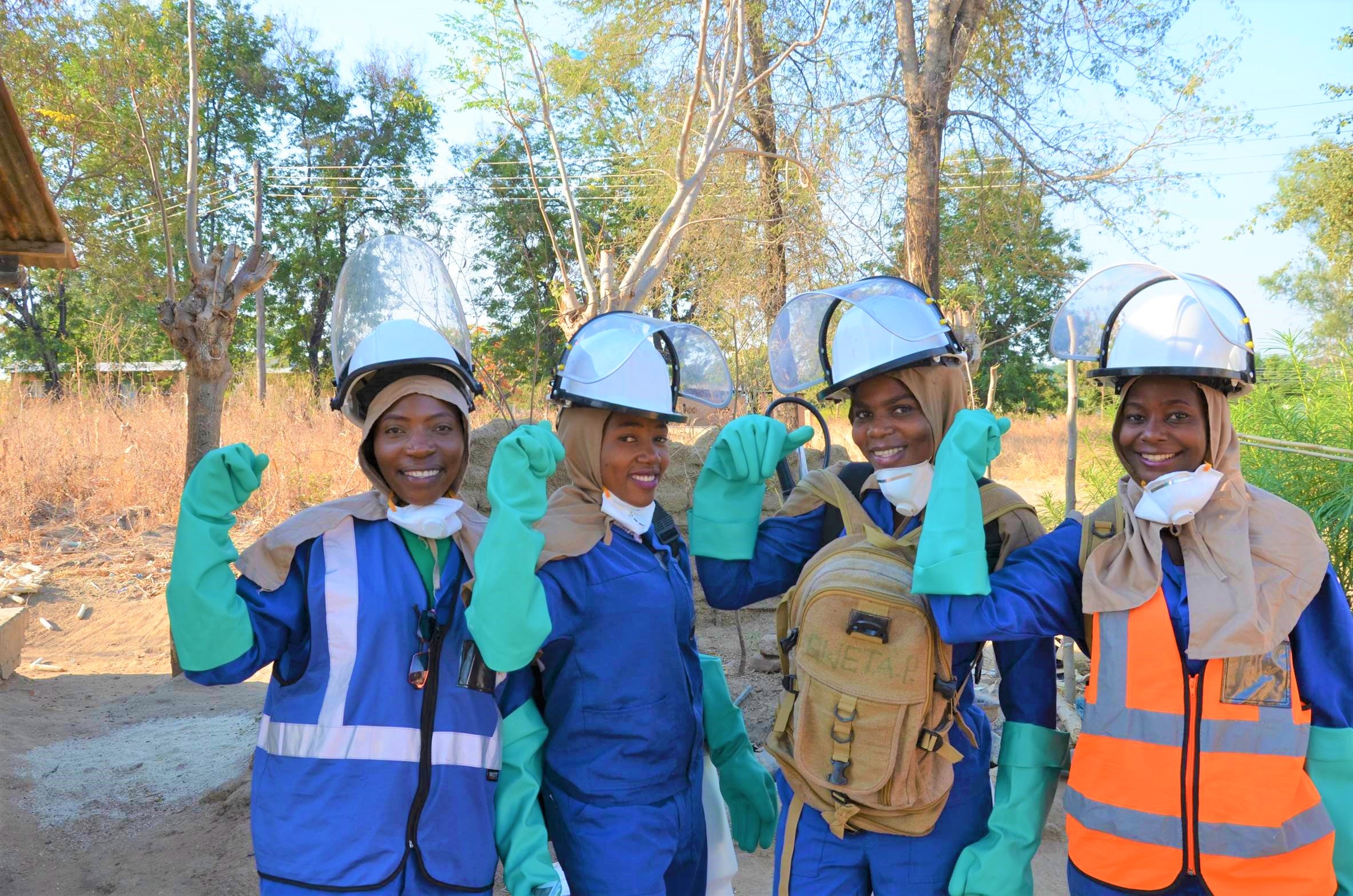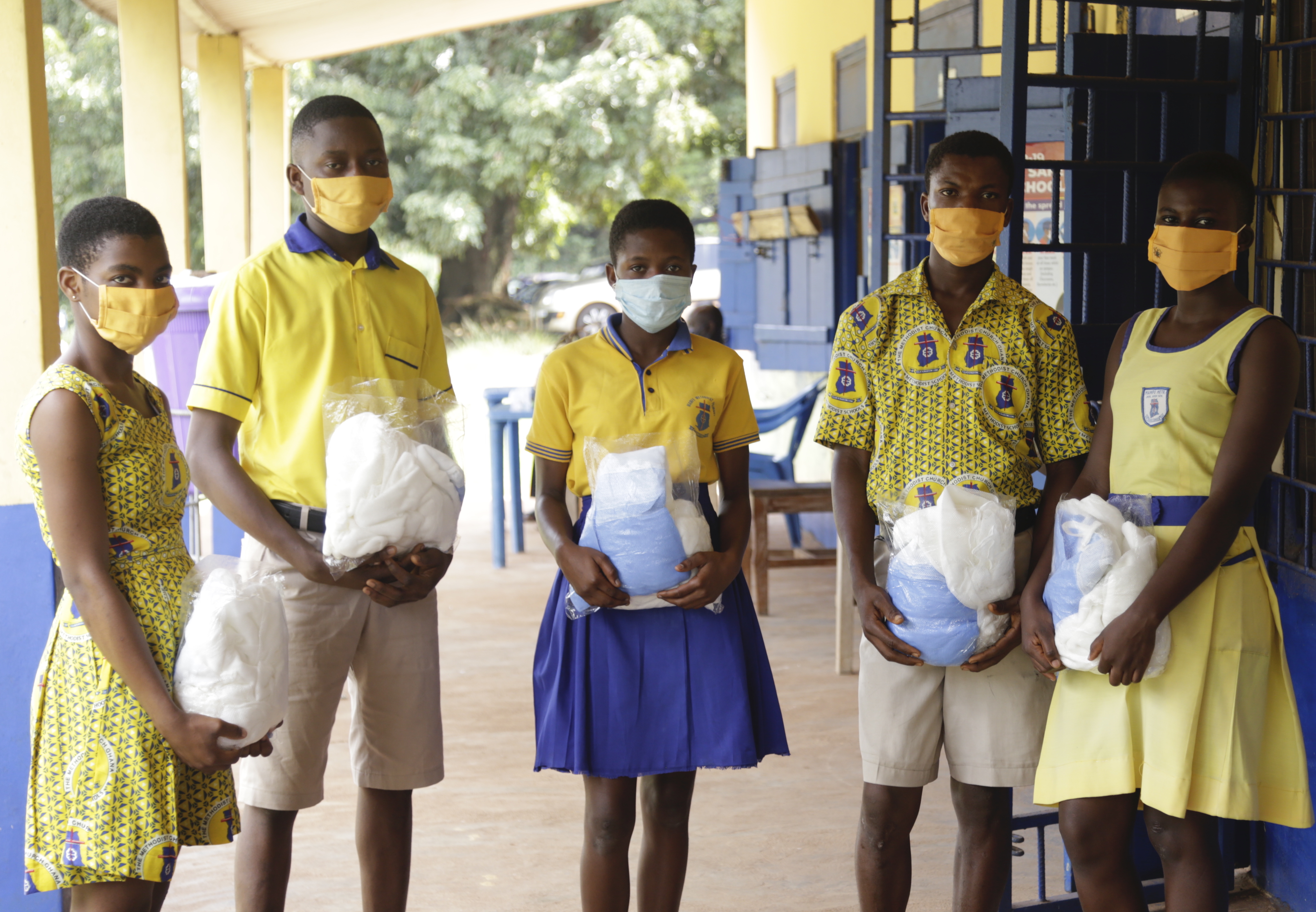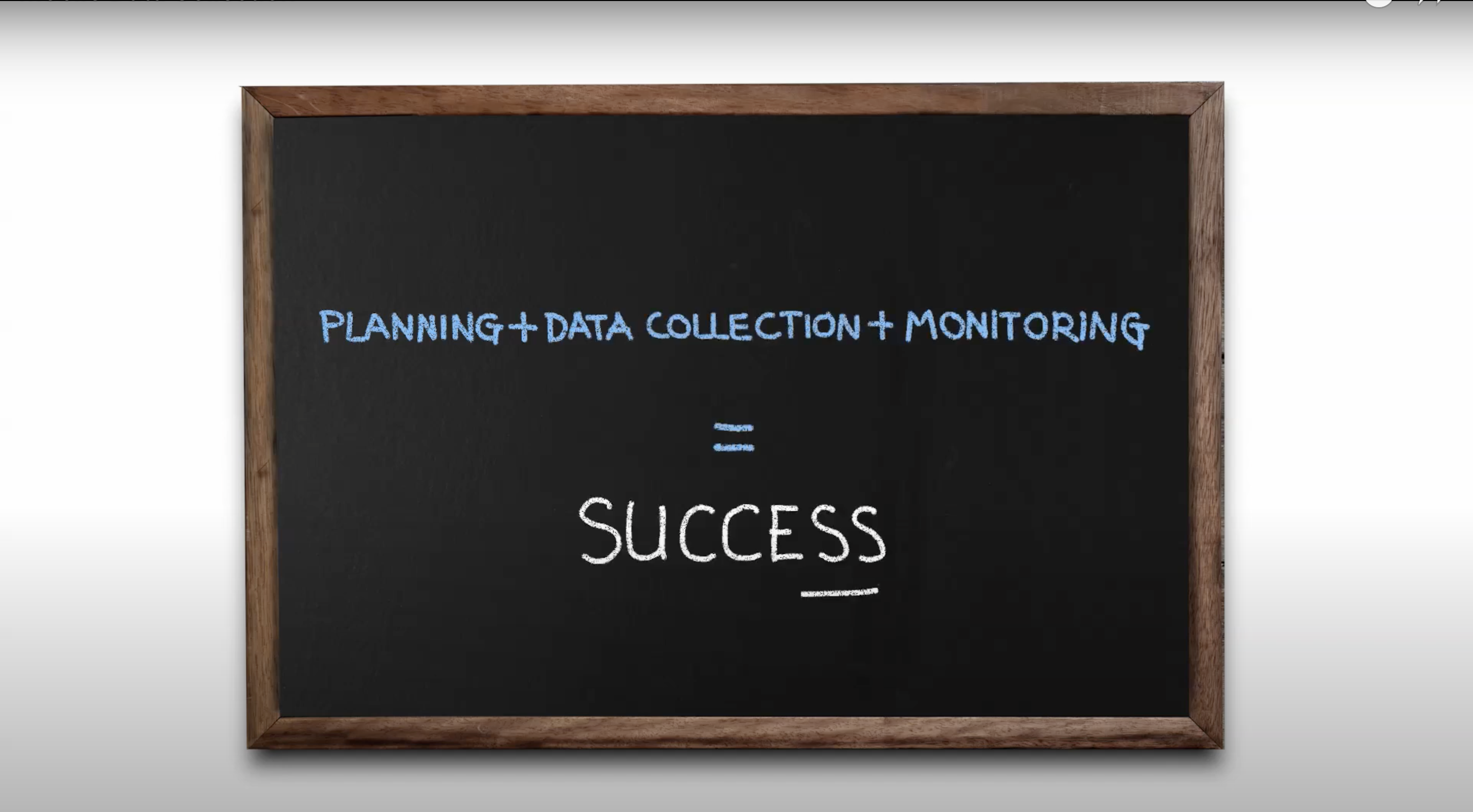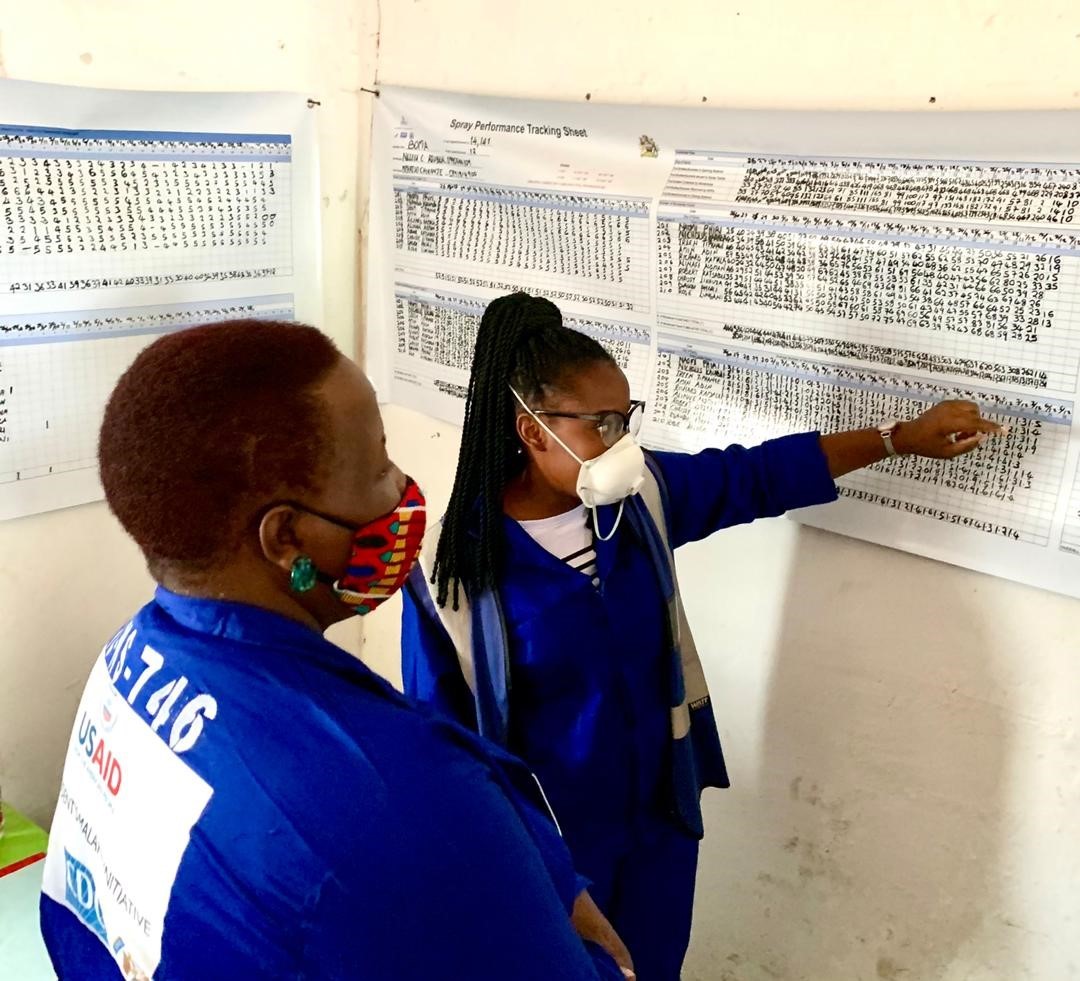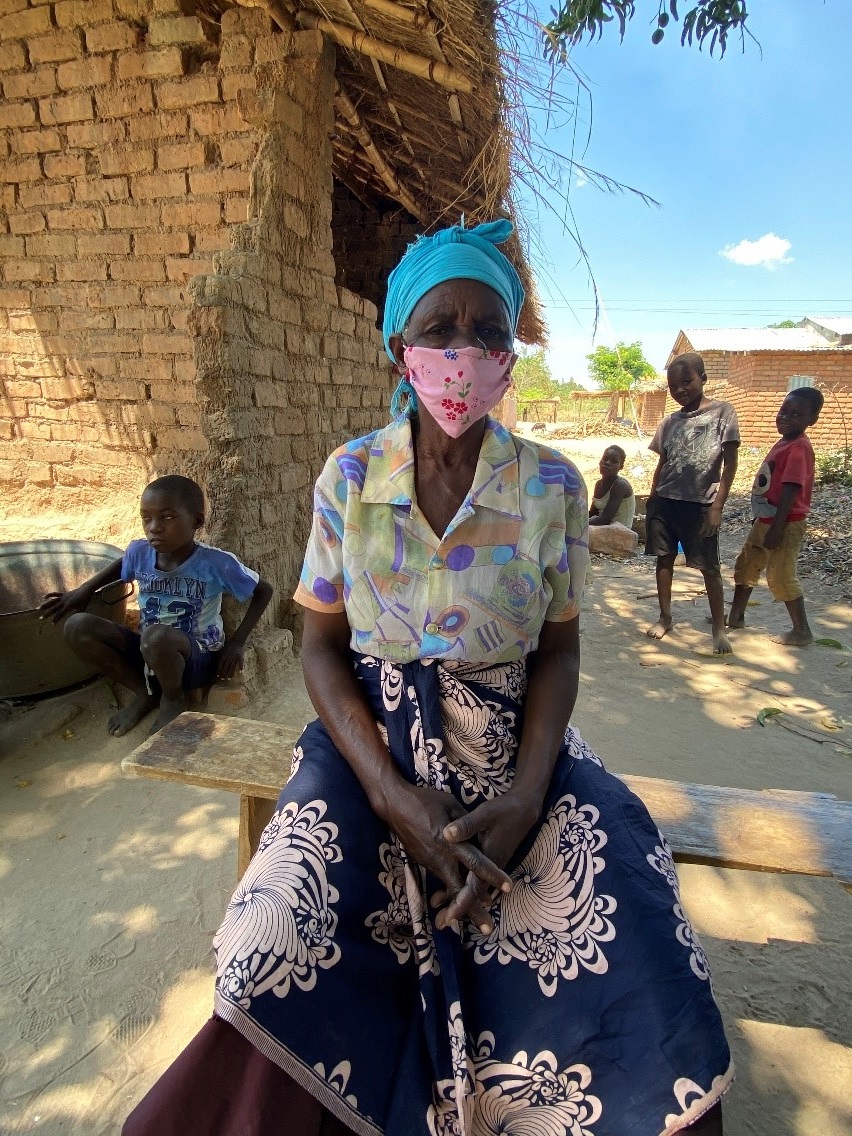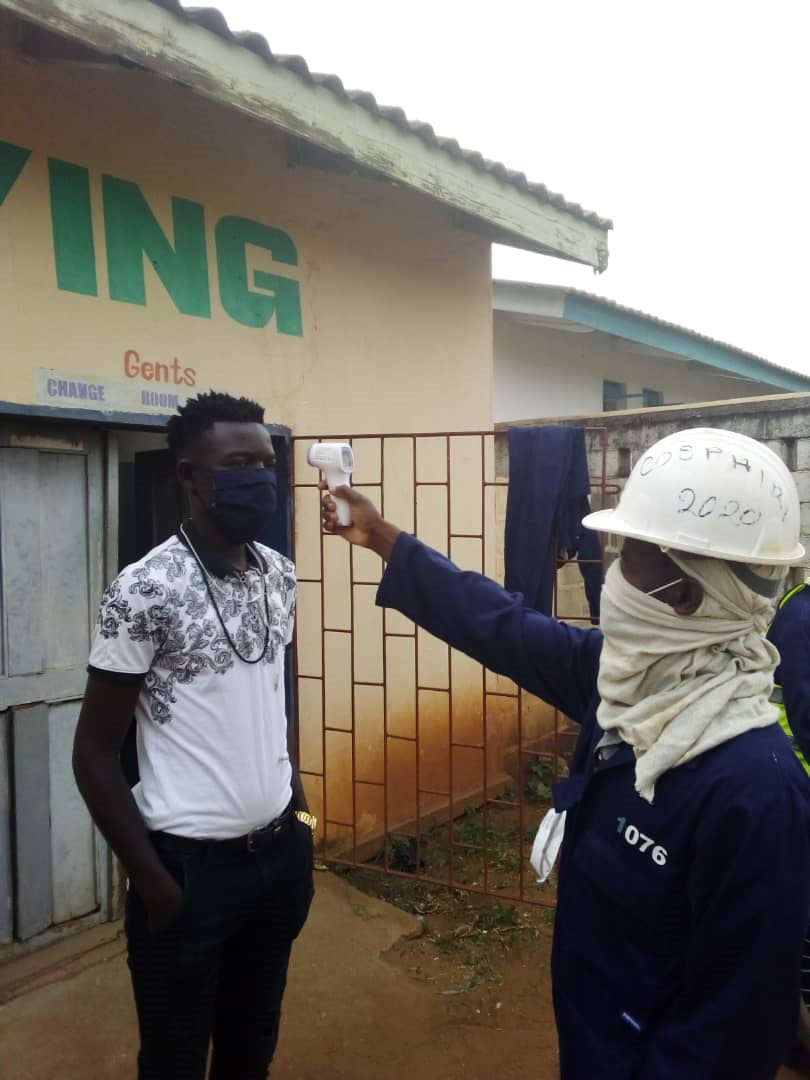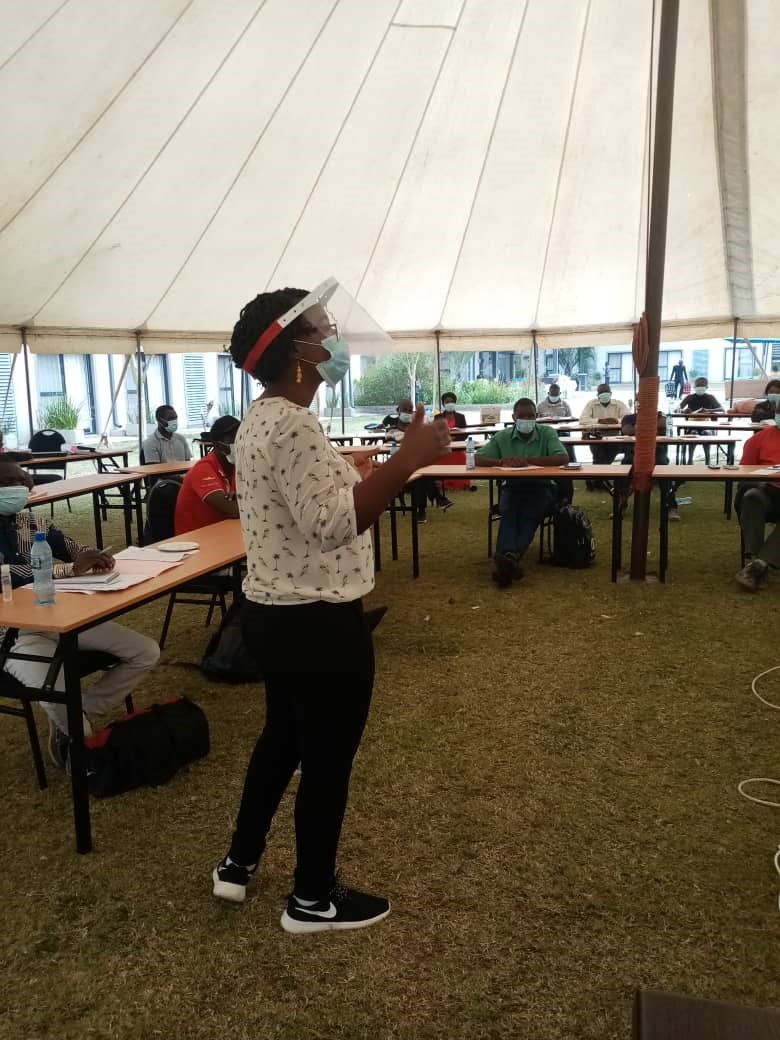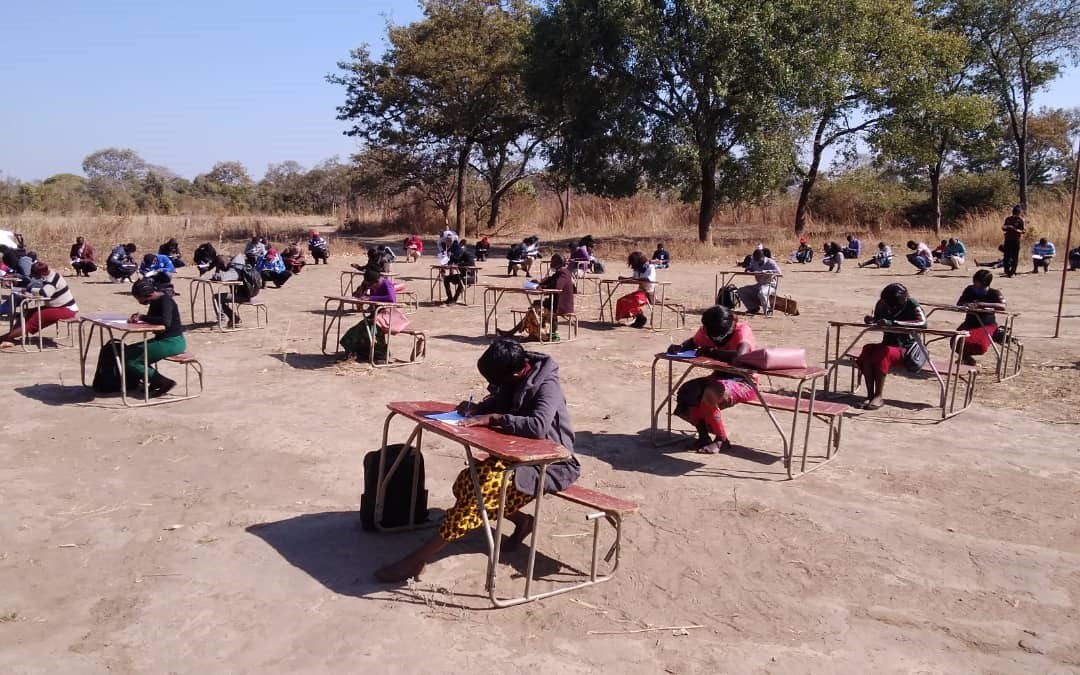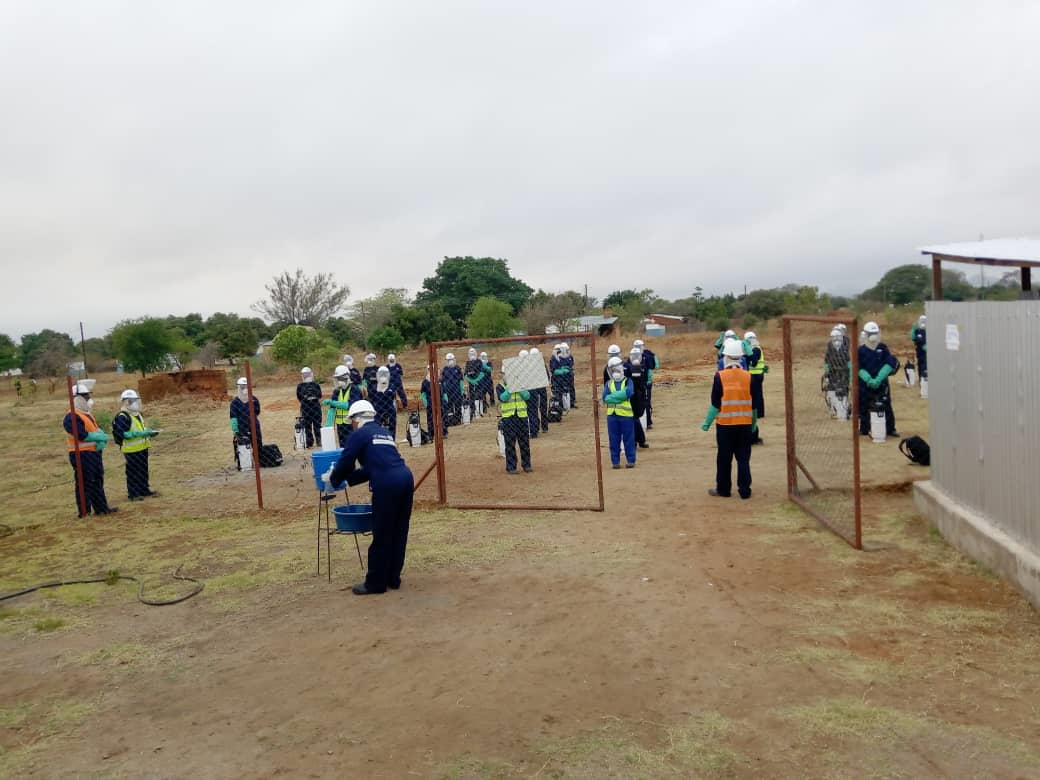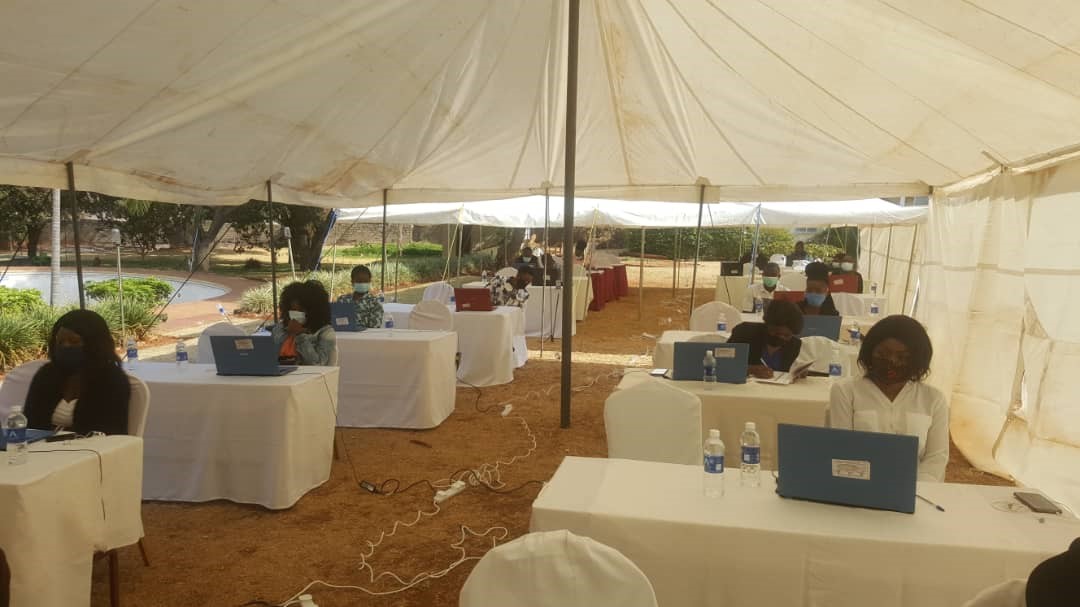“There has been a great reduction of malaria morbidity and mortality in Kenya’s lake regions since PMI started working in these malaria endemic areas. This reduction can be attributed to key interventions like indoor residual spraying (IRS) and the use of insecticide-treated nets (ITNs).”

Nairobi, Kenya
Professionally, PMI VectorLink Kenya Operations Manager Zeddy Bore has spent the past 13 years fighting malaria. Growing up in Kenya’s Rift Valley regions, Zeddy battled her fair share of malaria personally, too. “I managed to pull through, unlike some children in the malaria endemic regions who succumbed to it,” said Zeddy.
As VectorLink Kenya Operations Manager, Zeddy leads the complex logistics of planning and implementing IRS, which kills the mosquitoes that transmit malaria by spraying insecticide on the walls, ceilings, and other indoor resting places of those mosquitoes. Zeddy’s interest in fighting malaria began in school when she was studying for her Bachelor of Science in Environmental Health from Moi University. She then went on to completing a Master of Public Health in Epidemiology and Population Health from Maseno University. Recently, Zeddy talked about her work with the PMI VectorLink Project and the journey she’s taken to get there.
What is your personal experience with malaria? Malaria was a common illness in our home and community with many people regularly affected. They often associated the illness with eating unripe sugarcane or being rained on. These myths were later demystified for me when I went to school and learned that malaria is transmitted by a female mosquito infected with the malaria parasite. I also learned that malaria is highly preventable as well as treatable.
In my family, the last time we had a malaria case was in 2010. Since then, I have always ensured that my house is sprayed as regularly as required, everyone sleeps under an insecticide treated net, and all the windows are screened. I have also trained my children to ensure that the doors and windows are closed around 5 pm and only opened if needed. When any of my family members is unwell and has a fever, I take them to the health facility. Luckily, we have not had an episode recently. I always discourage self-medication for any fever.
No life should be lost to malaria. As a malaria advocate and champion, I have sensitized my relatives and community members about the dangers of malaria, how it is spread, and the various prevention and treatment options available. VL Kenya with the Ministry of Health came up with different strategies, such as community meetings, and the use of community health volunteers and provincial administration as IRS community mobilizers, to demystify the myths and encourage residents to accept IRS.
Recently, the Zero Malaria Starts with Me campaign was launched in Kenya. This campaign advocates for everyone to take action to prevent malaria wherever they are. As a mother and as part of the PMI VectorLink Project, I encourage residents to actively play their part to prevent malaria in their communities by preparing their houses for spray.
What is your role as Operations Manager? I work very closely with national and county government leadership to plan and implement the spray operations in the country and lead advocacy strategies to promote behavior change activities that lead to reduced malaria mortality and morbity in the counties where PMI VectorLink sprays. IRS is currently being implemented in two counties (Homa Bay and Migori) out of the 47 counties in Kenya. Apart from coordinating IRS activities, I also serve as the gender focal person advocating for gender equity and social inclusion in project activities.

How did you get involved with malaria prevention? I am a trained environmental and public health professional. During my internship with the Ministry of Health in 2007, I participated in mosquito net treatment and health education on malaria control. Through this, I developed an interest in malaria prevention activities. In 2008, I began working on an IRS project and I have been doing it ever since.
What do you find most challenging about your job? The biggest challenge is convincing community members who believe in myths and misconceptions to accept their houses to be sprayed. It’s always heartbreaking for me to see a household owner refuse their house to be sprayed when they have children under five and/or have an expectant mother sleeping in those houses. Sometimes they have recently had an episode of malaria, yet they still refuse because of these myths.
What is challenging about reaching every household? IRS is conducted in eligible structures made of wood, reeds, stones, bricks, and mud. The insecticide is applied on the walls and ceilings. Not all structures in the two counties we spray are eligible because of the type of materials their house is made of. Ineligible materials include such things as iron sheets, glass, or metal. During the rainy season, some villages are cut off by floods. To address that challenge, we always plan to start in the hard-to-reach areas before the rains start. Some refusals are also experienced when a member of the household is sick. The good news is that once the 85% coverage is achieved, the missed households also enjoy the herd protection from IRS.
How has IRS implementation changed with COVID-19? We adjusted the way we implement IRS activities. PMI VectorLink established standards and protocols to mitigate the spread of COVID-19 while conducting the various activities. For example, we hold virtual meetings, and where needed, hold in-person meetings outdoors with all the required Ministry of Health and global protocols observed, including social distancing, wearing masks and regular washing of hands. During the campaign, all personnel were provided with masks and advised to always wear them properly. Supervisors always checked to ensure this was adhered to with constant reminders during morning mobilization and through job aid messages. Temperature screening was required to access operations sites, stores, and offices. Handwashing facilities were put up in all the entrances and monitored to ensure compliance. We also provided hand sanitizer and hand wipes in all vehicles, data centers, and stores.
Do you think Kenya will ever be free of malaria?
Yes. With integrated efforts in the different regions to fight malaria and everyone taking up their role to fight malaria, thanks to the Zero Malaria Starts with Me campaign, I believe Kenya is headed to be a malaria-free zone.


